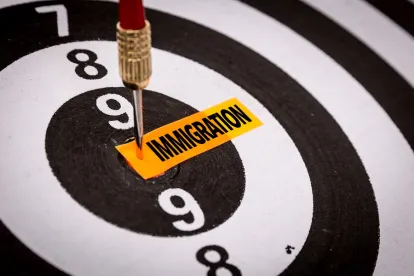The Department of Homeland Security set out the specifics about the upcoming new premium processing benefits in the Federal Register on March 30, 2022. The details, however, did not include any specific implementation dates, which it said depends on when the revenues exist to cover potential costs.
The plan is to make premium processing available for more Form I-140 petitioners and for Form I-539 and I-765 applicants:
-
Form I-140 requesting EB-1 immigrant classification as a multinational executive of manager or EB-2 immigrant classification as a member of the professions with an advanced degree or exceptional ability seeking a national interest waiver
-
Fee: $2,500
-
Timeframe: 45 days
-
-
Form I-539 requesting a change of status to F-1, F-2, J-1, J-2, M-1, or M-2 nonimmigrant status or a change of status or extension of stay in E-1, E-2, E-3, H-4, L-2, O-3, P-4, or R-2 nonimmigrant status
-
Fee: $1,750
-
Timeframe: 30 days
-
-
Form I-765 requesting employment authorization
-
Fee: $1,500
-
Timeframe: 30 days
-
DHS stressed that, while the rule will become effective on May 31, 2022, “[t]he availability [of premium processing] will be announced by USCIS in accordance with DHS premium processing regulations and will become available as stated at that time.” USCIS will maintain the flexibility to communicate:
-
Which requests for premium processing are available at any time;
-
The dates upon which availability commences and ends; and
-
Any conditions that may apply, including the possibility of establishing numerical limitations and suspending premium processing when necessary.
According to DHS, the new premium processing will be put into effect when the revenues exist to cover potential costs (such as hiring more staff) without adversely affecting other processing times. DHS will effectuate the new benefits “as soon as feasible.” Some will likely be available in FY 2022, but others may not become available until 2025.
Jackson Lewis attorneys will provide updates as they become available.






 />i
/>i
